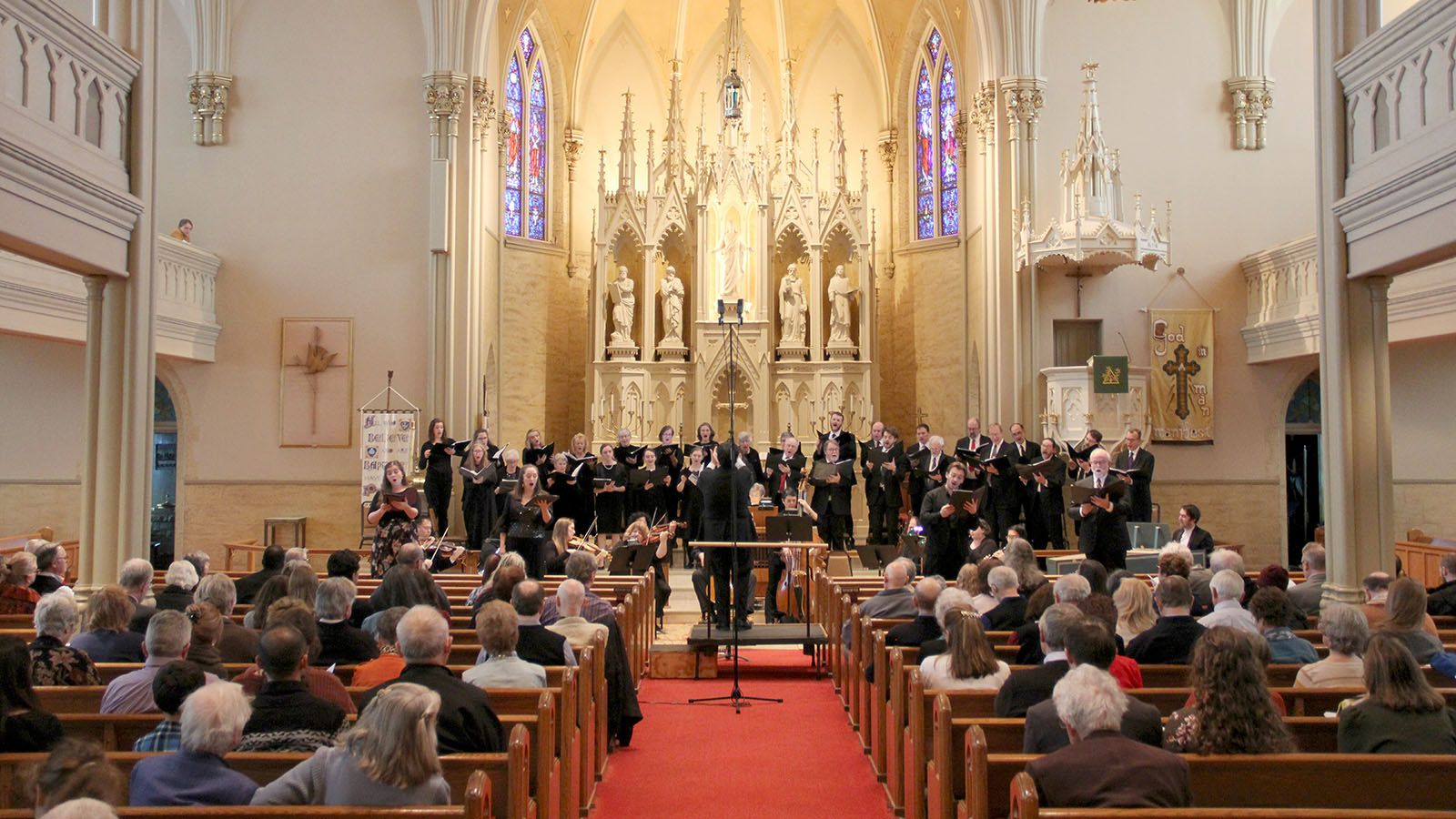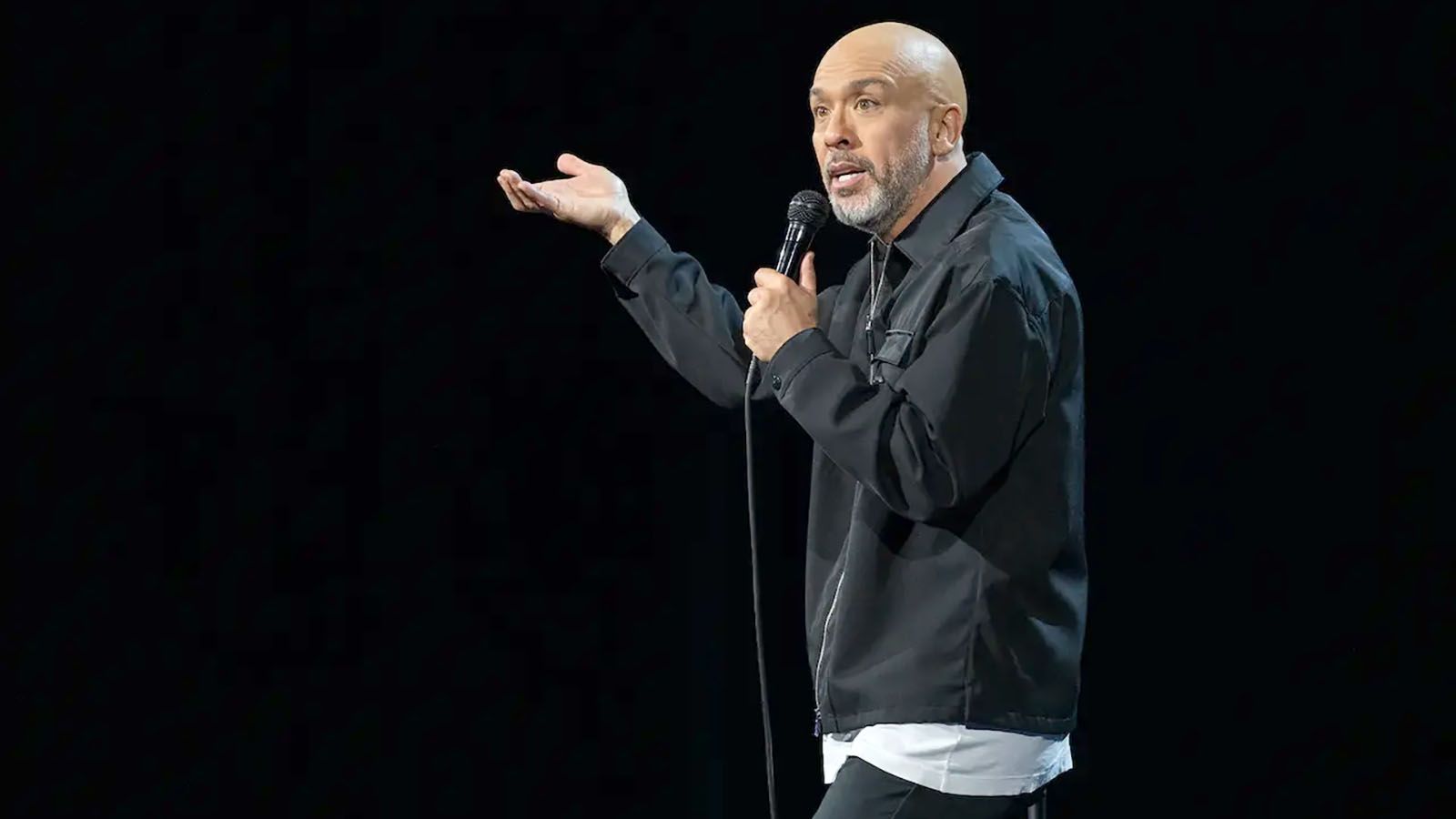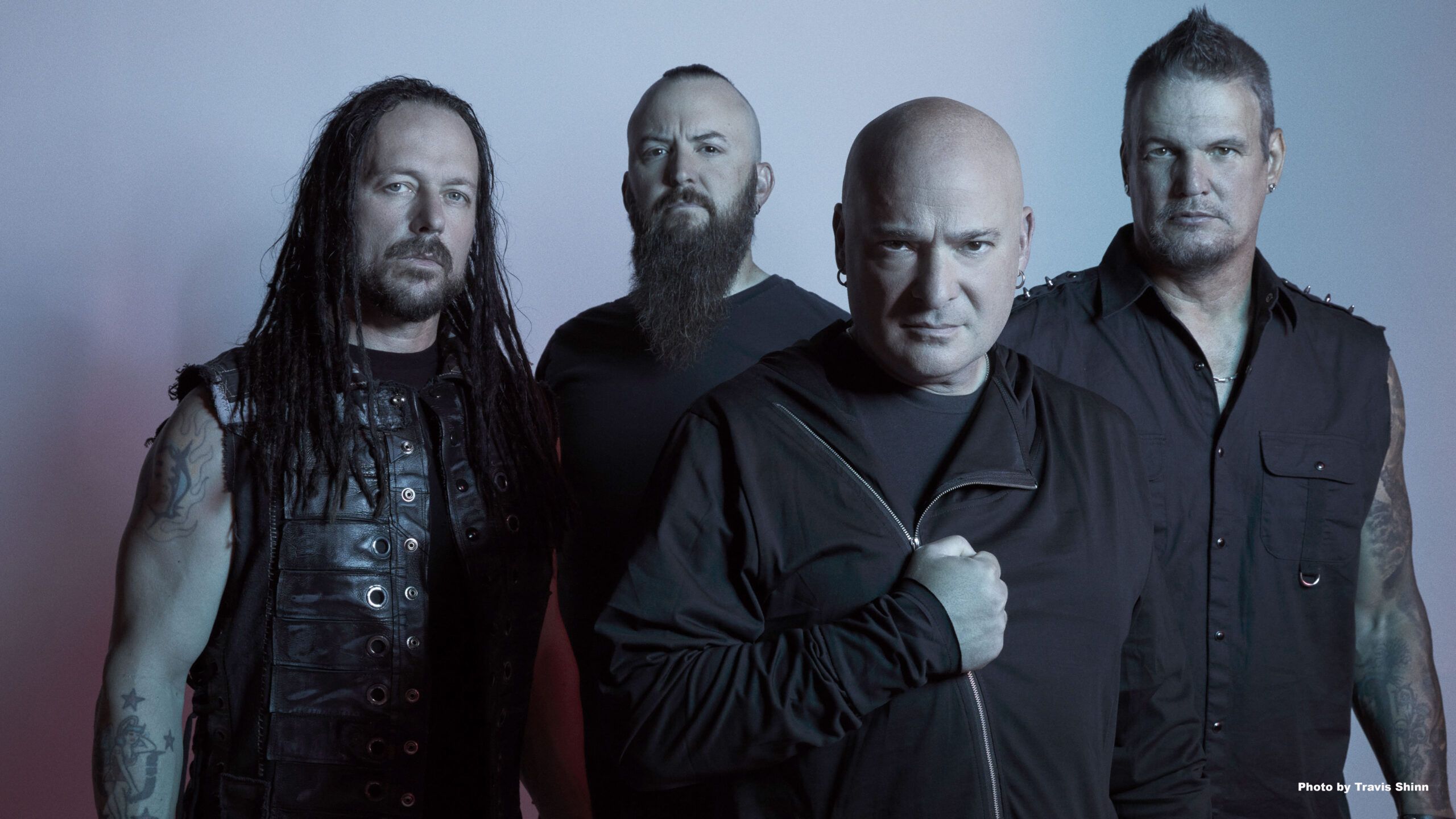The Bach Collegium of Fort Wayne is unique to this region. It’s a choir of 35 singers, four professional soloists, and small professional orchestra devoted to performing the worship music of the great Johann Sebastian Bach, in what is known as historically informed performance, sung in the original German.
The Fort Wayne group’s musical director is Koji Otsuki, a Japanese-American living in Philadelphia. He studied with famous conductor Masaaki Suzuki, leader of the Bach Collegium Japan, one of the most important Baroque musical groups in the world.
At 4 p.m. on Nov. 12 at Emmanuel Lutheran Church, 917 W. Jefferson Blvd., Bach Collegium begin their 22nd season with a concert of three of Bach’s cantatas.
Bach Collegium
Concert I
4 p.m. Sunday, Nov. 12
Emmanuel Lutheran Church
917 W. Jefferson Blvd., Fort Wayne
$10-$25 · info@bachcollegium.org
Messiah Sing-Along
2 p.m. Saturday, Dec. 2
Queen of the Angels Catholic Church
1500 W. State Blvd., Fort Wayne
$5 · info@bachcollegium.org
Concert II: St. John Passion
4 p.m. Sunday, March 3
Zion Lutheran Church
2313 S. Hanna St., Fort Wayne
$10-$25 · info@bachcollegium.org
Concert III
4 p.m. Sunday, April 21
Zion Lutheran Church
2313 S. Hanna St., Fort Wayne
$10-$25 · info@bachcollegium.org
If you have heard the music of Bach performed, it was probably by a group playing modern instruments.
The Bach Collegium, in contrast, brings in specialists from around the country who play replicas of the instruments used in the Baroque era. With fanatical devotion, the musicians study the Baroque methods of interpreting the musical style.
In short, unless you’ve heard Bach in historically informed performance, you haven’t heard the master.
Remains influential
Bach is still a household name the world over. While many are aware of his keyboard music, his main work was as a Lutheran church music director.
He composed more than 200 long-form pieces of music, called cantatas. In modern terms, we would call them “church musicals.”
Each cantata, about 20 minutes long, was written for a specific Sunday service to go with Bible verses and sermon for the day, according to the liturgical calendar. Bach based each cantata on a hymn, often one from a century before his time. He set the hymn tune in elaborate arrangements for the choir. Between the choral parts, or chorales, soloists sing pieces that Bach wrote to illustrate the Bible verses that the pastor would be preaching on.
To this day, everywhere that college students study Western music, they study the way Bach composed his chorales. His musical methods continue to influence all the Western music that has come after him.
What makes Collegium unique
Still, you might wonder why a choir and orchestra in Fort Wayne would be performing this music 300 years later, and why an audience would enjoy hearing it.
To get some perspective, we went to Thomas Remenschneider, musical director of Queen of Angels Catholic Church and the Männerchor and Damenchor, the Fort Wayne German folk music group that’s been together since 1869. Remenschneider says he’s not been with the latter group since its beginning, “but it seems like it some days.”
He’s on the board of directors of the Bach Collegium and was happy to be their spokesman for this story.
“I think people should come and hear the Bach Collegium. No. 1, because the music is really beautiful,” he said. “It’s performed in an engaging way. It’s as much fun to watch, I think, as it is to listen to. It’s repertoire that you don’t hear very much on the concert stage. And we perform the music in churches, in vibrant acoustic spaces. The choir is a main part of every performance. So, if people are interested in choral music, this would be a great place for them.”
Your average concertgoer isn’t going to be accustomed to hearing music sung in German, but it’s essential to honoring the phrasing and the poetry of Bach’s melodies. Moreover, the spiritual themes and messages behind the music are familiar, and the group provides programs with translations of the text into English, so you can follow along if you like.
Collegium season
On Nov. 12, you’ll hear three cantatas that conclude with his “Sweet comfort, my Jesus comes,” BWV 151, which was written for the Third Day of Christmas.
That takes us to the Bach Collegium’s next activity. It’s not a concert, but an enduring Christmas tradition, their Messiah Sing-Along on Dec. 2 at Queen of Angels Catholic Church with Remenschneider conducting. Like similar events held around the world, it’s an open choral event where anybody with singing experience can join the choir and sing through highlights from G.F. Handel’s Messiah, in its original English. There isn’t an audience; everybody who comes and contributes $5 can sing. If you have your own sheet music, that’s best, but you can borrow a score from the church.
Back to Bach, the Collegium is performing perhaps the most ambitious concert of their history March 3 at Zion Lutheran Church, 2313 S. Hanna St., when they present Bach’s St. John Passion on its 300th anniversary. It’s a single cantata that’s more than two hours long, and it tells the story of Jesus’ crucifixion, using hymns and songs and the text right out of the Luther Bible. You’ll hear an outstanding cast of soloists, a larger choir, and a much larger orchestra with instruments that are unusual even by Baroque standards, as Bach specified. It’s the kind of performance you would have to go to a classical music center like Chicago or Boston to see.
The Collegium concludes their season April 21 at Zion Lutheran Church. In addition to the cantatas and an orchestral overture by Baroque composer Christoph Graupner, the choir will perform two a cappella pieces by Romantic composer Johannes Brahms. They will conclude with Bach’s cantata “You, Prince of Peace, Lord Jesus Christ,” BWV 116, from 1724.
 Submit Your Event
Submit Your Event




